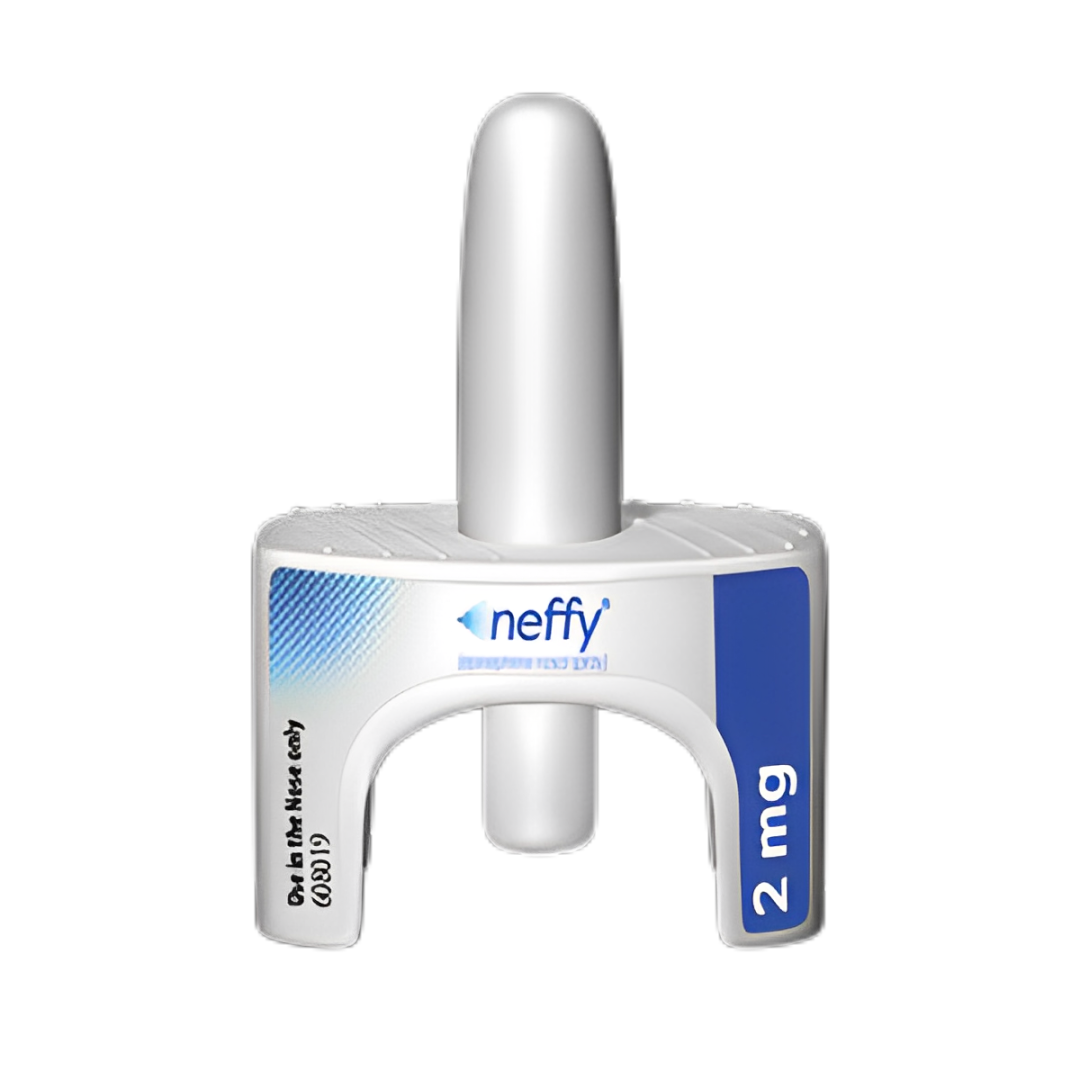FDA Approves Neffy: Needle-Free Allergy Treatment
FDA approves Neffy, a needle-free epinephrine option for Type I allergies, improving patient care.
Breaking News
Aug 10, 2024
Mrudula Kulkarni

The U.S. Food and Drug Administration (FDA) has authorised ARS Pharmaceuticals, Inc. to treat adults and children who weigh ≥30 kg (66 lbs) for Type I Allergic Reactions, including anaphylaxis. For patients and families dealing with severe allergic reactions, this is the first and only needle-free therapy option available. It is also the first major advancement in epinephrine delivery in over 35 years.
Until recently, the only available therapy for people
experiencing severe allergic responses, such as anaphylaxis, was an often
painful and unsettling needle injection of epinephrine. In many instances,
patients might put off or neglect to take the life-saving medication as soon as
symptoms appeared, raising the possibility of a serious response or
unfavourable results necessitating further emergency care. With the FDA's
approval of Neffy, patients with severe allergies now have access to a
long-awaited, convenient, needle-free way to administer epinephrine that may
shorten the time needed for administration. This could improve patient and
carer quality of life as well as clinical outcomes.
There are an estimated 500,000 ER visits due to type I
allergic reactions each year, which can end in potentially fatal anaphylaxis
and are brought on by foods, drugs, and insect stings. About 60% of these
patients said they had not taken an adrenaline shot before going to the
emergency room.
Neffy's approval is based on information from five primary
registration studies using an intranasal dosage of 2 mg of epinephrine, which
satisfied all established clinical goals and showed pharmacokinetic and
pharmacodynamic characteristics that were within permissible bounds for
injectable products containing epinephrine. No significant nose irritation or
discomfort was recorded in any of the clinical studies that included the neffy
product, and the majority of adverse events that occurred throughout the clinical
trials were moderate.
